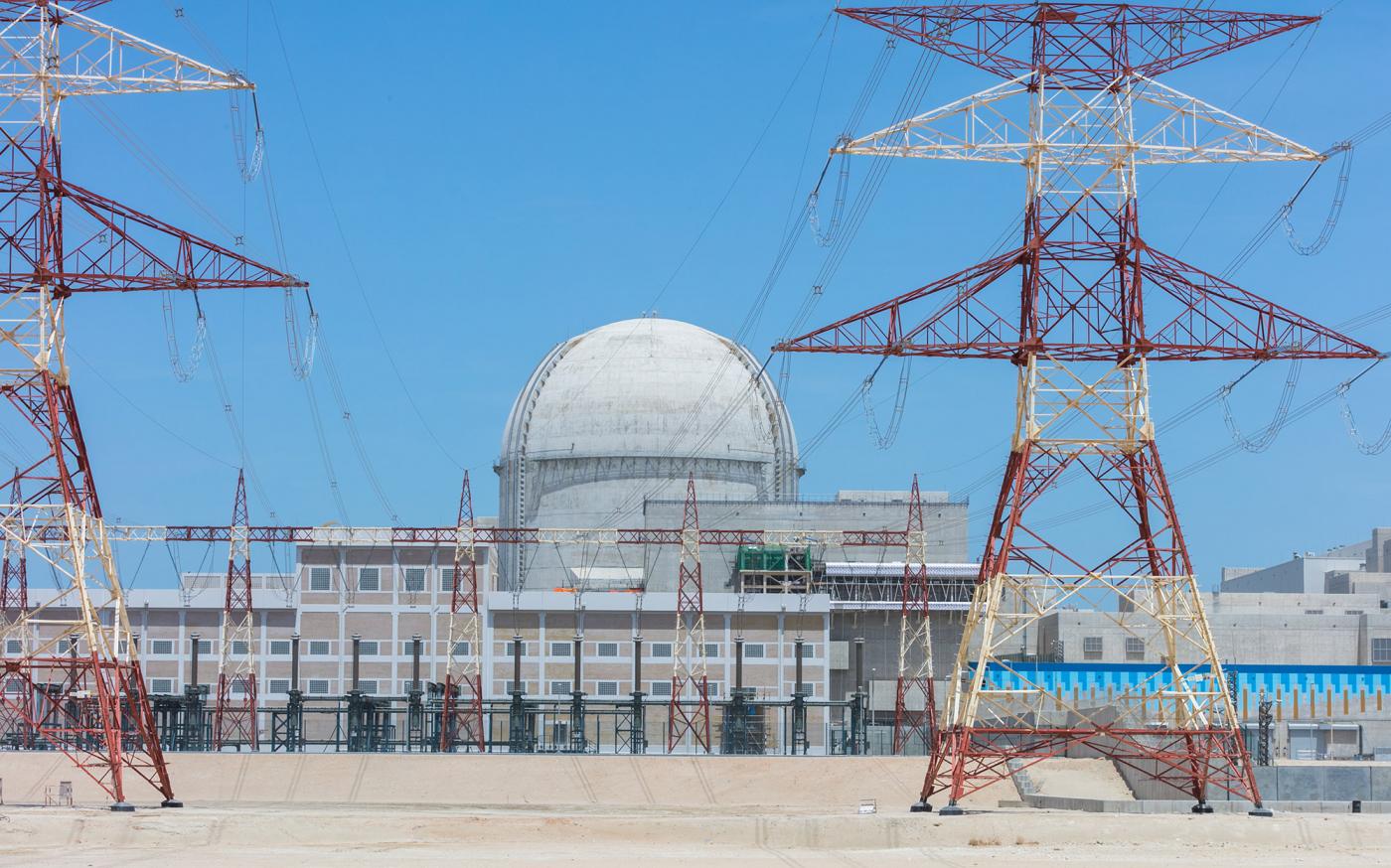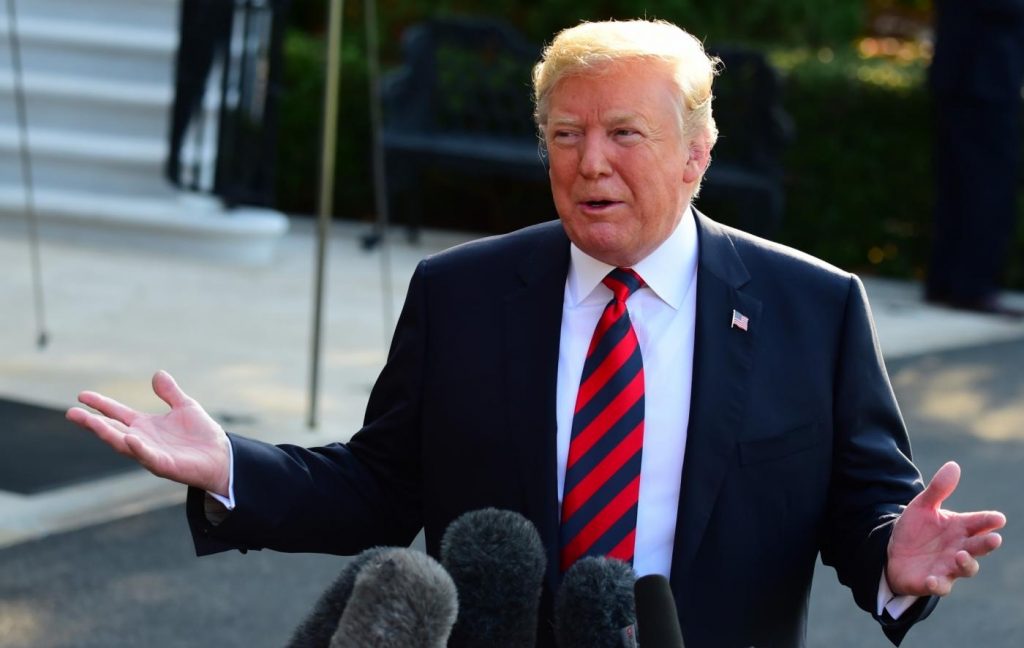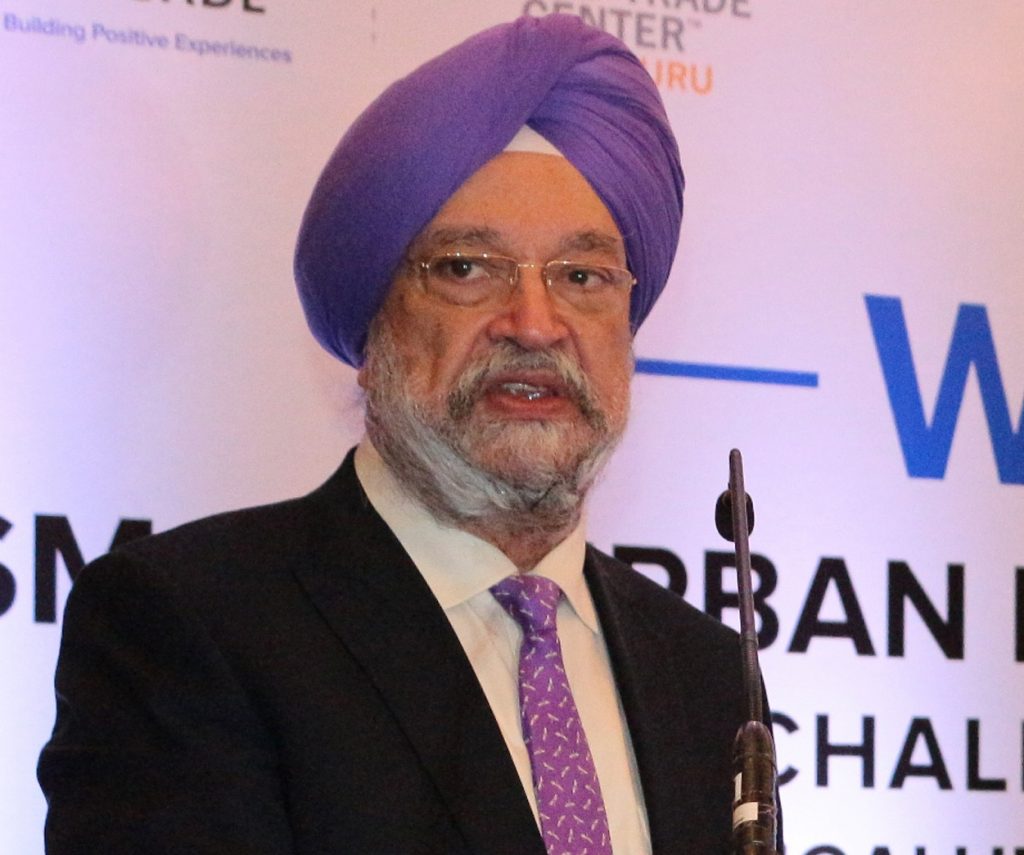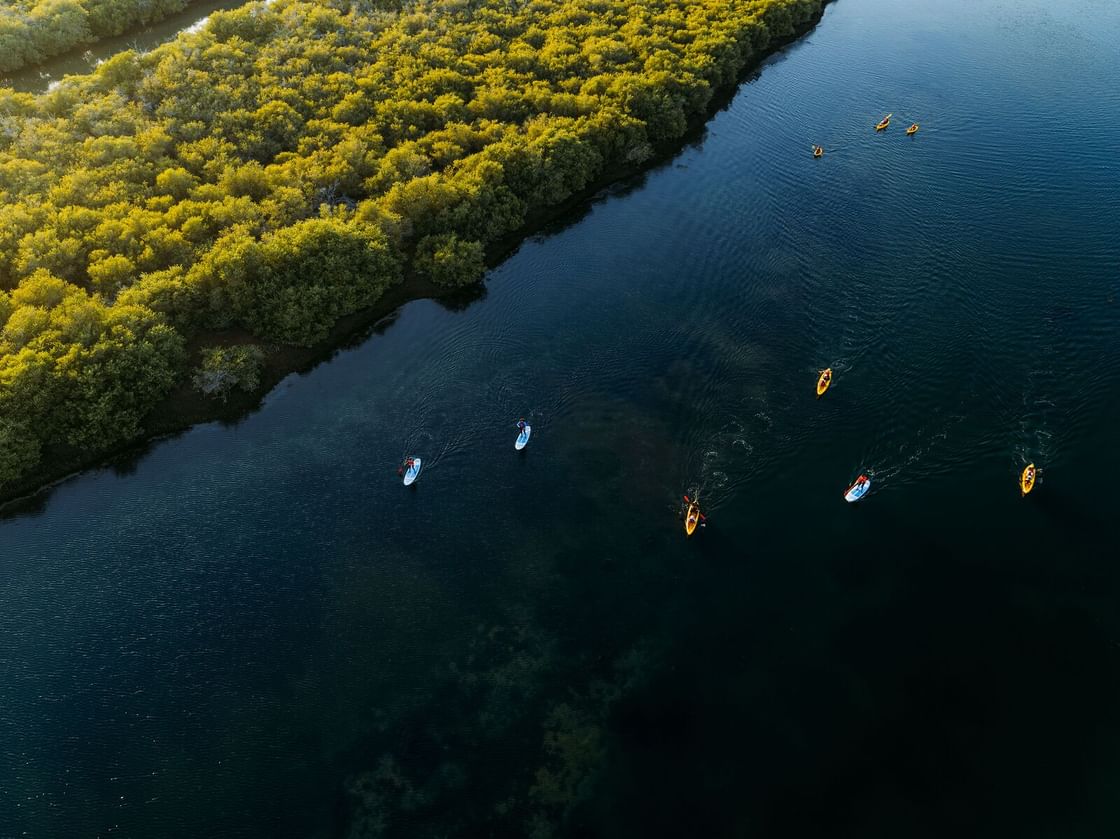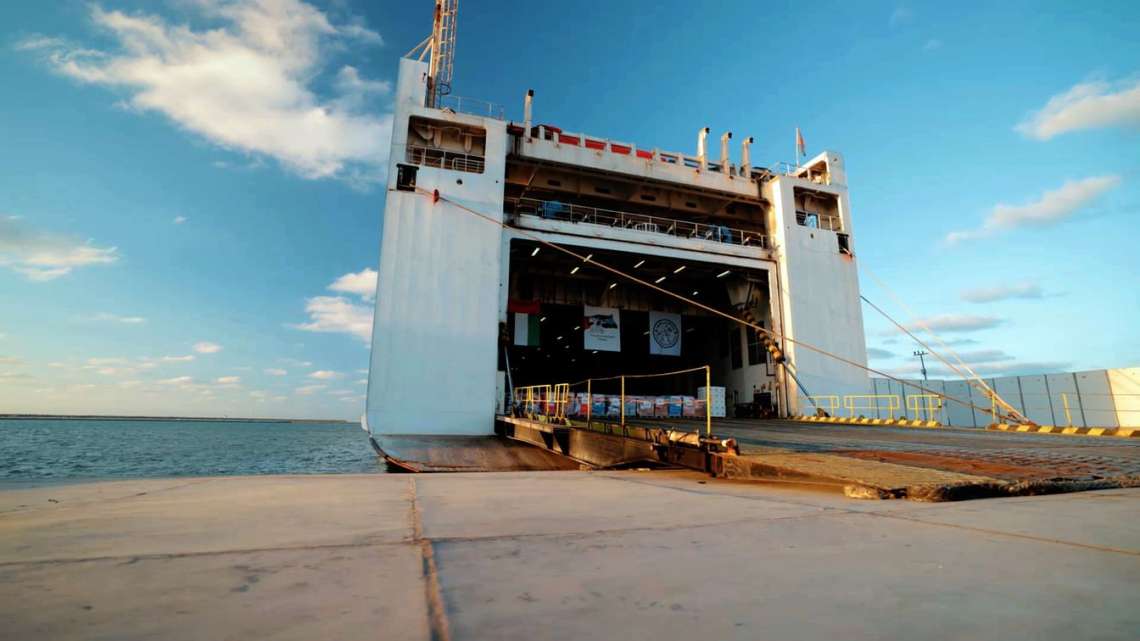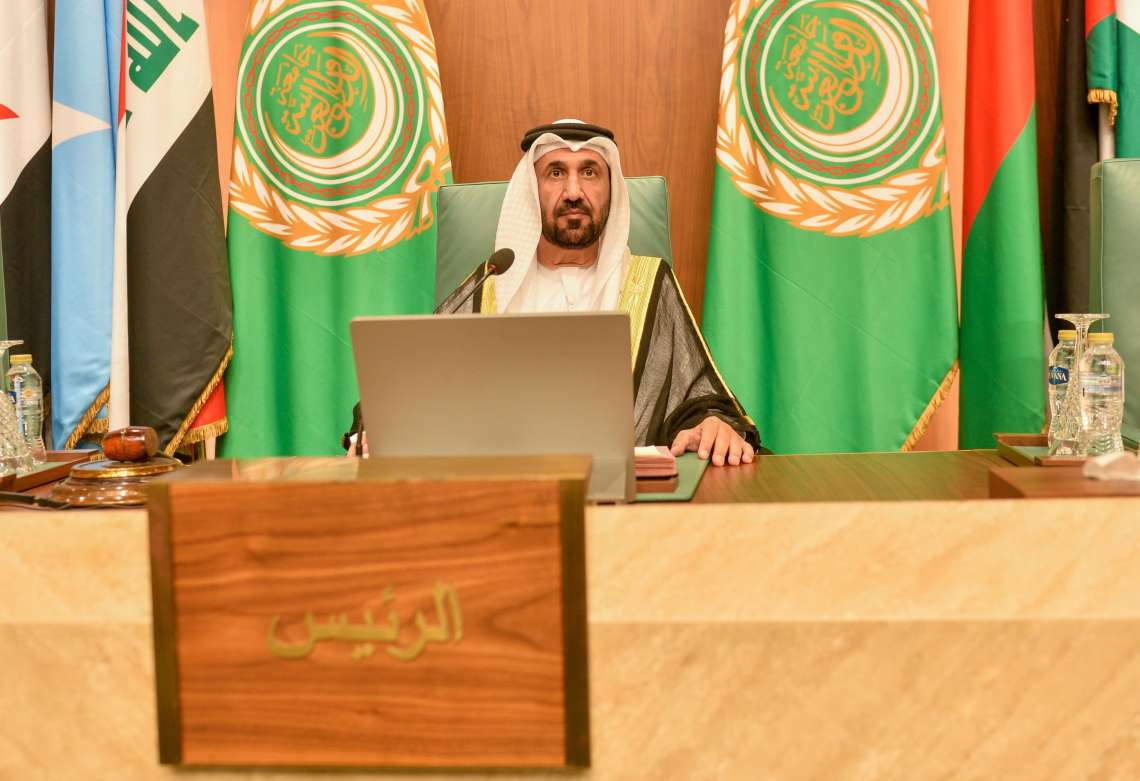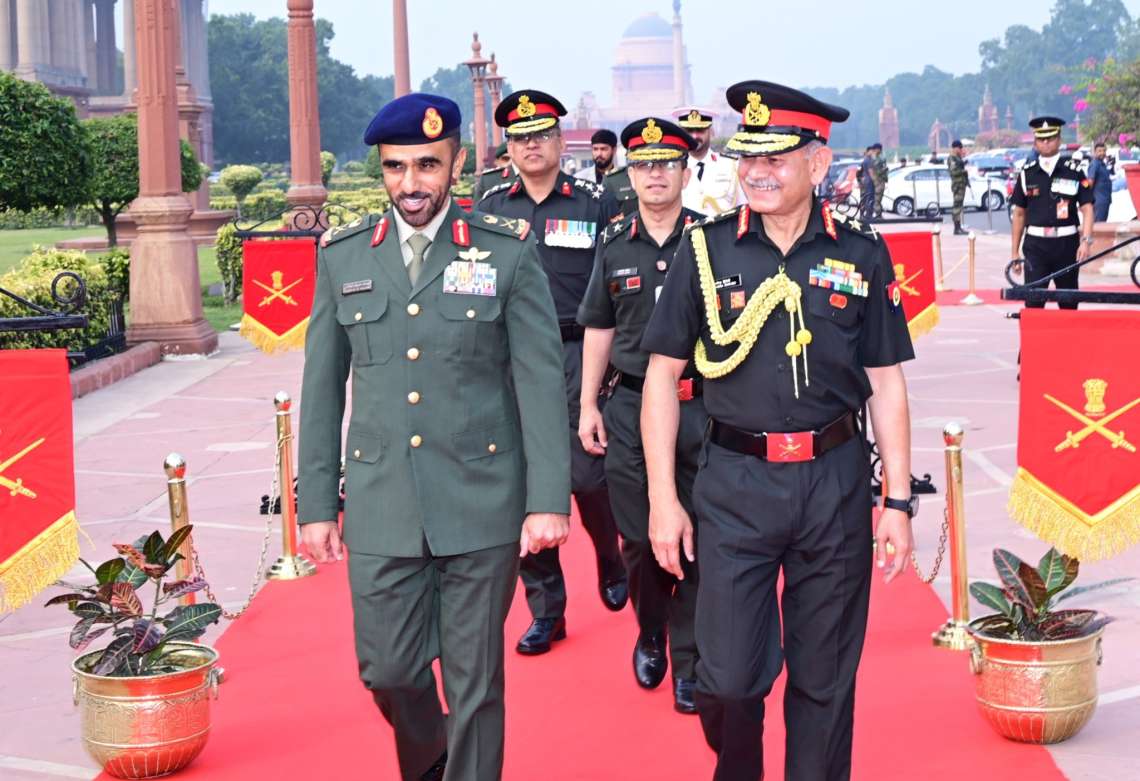The Emirates Nuclear Energy Corporation, ENEC, worked closely with the Korea Electric Power Corporation, KEPCO, the joint venture partner and prime contractor for the Barakah project … reports Asian Lite News.

The Emirates Nuclear Energy Corporation, ENEC, has successfully completed Hot Functional Testing, HFT, on Unit 2 of the Barakah Nuclear Energy Plant. This significant pre-operational testing process incorporated all lessons learned from the same test on Unit 1 in order to achieve the highest international standards of quality, safety and efficiency.
ENEC worked closely with the Korea Electric Power Corporation, KEPCO, the joint venture partner and prime contractor for the Barakah project, and under the observation of the Federal Authority for Nuclear Regulation, FANR, to achieve this major milestone in the testing and commissioning of Unit 2.
“We are proud to have maintained our track record of safety and efficiency with the successful completion of Hot Functional Testing on Unit 2. By incorporating the lessons learned from the same tests on Unit 1, we continue to establish Barakah as the benchmark for new nuclear construction projects worldwide,” said Mohamed Al Hammadi, Chief Executive Officer of ENEC. “Keeping construction progress approximately one year apart for each of the Units at Barakah makes it possible for us to implement all lessons learned from one Unit to the subsequent ones, in line with international best practices in the management of megaprojects”.

HFT takes place over a number of weeks and consists of almost 200 individual and integrated tests performed on major systems to check their performance under normal operational conditions, without the presence of nuclear fuel in the reactor. The test includes the first time that most of the reactor’s systems experience the operational temperature of nearly 300 degrees Celsius and operational pressure of more than 150 kilograms per square centimeter, which is the equivalent of 1,500 meters below water. It is also the first time that the turbine is spun at its maximum speed of 1,500 revolutions per minute, RPM, demonstrating its readiness to operate once the reactor starts up for normal operations.
“This most recent round of testing ensures that Unit 2’s systems and components are on track to reliably and safely perform their intended functions when the plant becomes operational. The pre-operational commissioning phase of a nuclear energy plant is a complex and critical step towards starting to operate the plant. It is essential that it is tested under operational conditions without nuclear fuel to demonstrate that the highest standards of safety, security and quality are achieved,” added Al Hammadi.
During the HFT, components were checked for thermal expansion, vibration and wear. The results demonstrate that all systems perform in accordance with the highest quality and safety standards under normal operating conditions. Most notably, the pressuriSer safety valve test, pre-core reactor coolant system flow measurement test and main turbine system test were performed, proving that major components and systems work as designed and meet all requirements for normal operation.

JongKap Kim, KEPCO Chief Executive Officer, said, “KEPCO continues to achieve major milestones at the Barakah Nuclear Energy Plant, working together with ENEC and our joint venture subsidiary Nawah. The completion of HFT on Barakah Unit 2 in an efficient and timely manner is the result of incorporating the experience we have from Unit 1, but also from having completed the same test on the APR1400 reactors at Shin Kori 3 and 4, as well as Shin Hanul 1 in the Republic of Korea. These successful tests clearly demonstrate the safety, reliability and technological robustness of the reactor design.”
Along with testing the performance of a wide range of components, the HFT provided plant operators from Nawah Energy Company, the joint venture subsidiary in charge of operations, the opportunity to control pressure and temperature safety-related equipment, start and place the turbine in service, and complete various other operating procedures. This gives operators a unique ability to identify any issues with procedures or the equipment and take corrective actions to ensure that once it is started up, the plant will operate safely and sustainably for the coming decades.
Construction of Unit 2 of the Barakah Nuclear Energy Plant began in April 2013, one year after Unit 1. All four units at the Barakah Nuclear Energy Plant are progressing safely and steadily, with Unit 1 construction completed and turned over to Nawah for preparation to operate, pending regulatory approval.
As of end of June 2018, the construction progress rate of Unit 2 of the Barakah Plant 93 percent and overall construction progress rate for the four Units is now more than 89 percent. All four units will deliver safe, clean, reliable and efficient electricity to the UAE grid, and prevent the release of more than 21 million tons of greenhouse gas emission every year.

